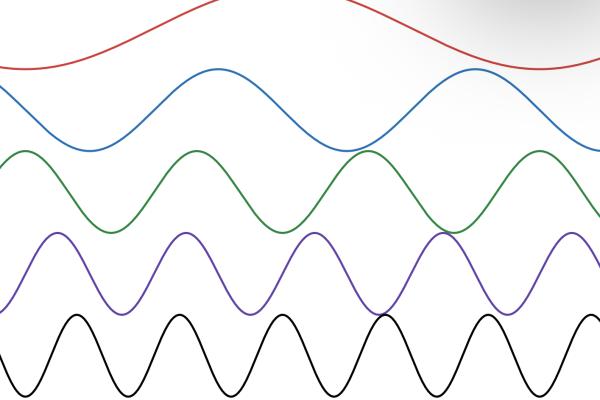
Building bridges between modelling and policy
We meet some of the researchers who are trying to translate between the two very different worlds of mathematical modelling and policy.

We meet some of the researchers who are trying to translate between the two very different worlds of mathematical modelling and policy.

We talk to Krieger about her work, sharing mathematics with wider audiences, and advice for young mathematicians

The mathematics of the future needs more specialist maths teachers, stronger university provision, and sustained research funding.

How confident is the Large Language Model chatbot that its answers are correct? And how confident can we be about this confidence? This article investigates.

Can topological data analysis create a revolution in the life sciences?

A walkthrough of how to use a proof assistant for a very simple result.

Human mathematicians make errors. Proof assistants are here to help and while they're at it they turn maths into a highly collaborative experience.

The Anomalous Mathematical Patterns Sci-Art Contest was held as part of the Stochastic systems for anomalous diffusion research program at the Isaac Newton Institute.

Our new site has a cleaner look and some interesting new features.

The harmonic series look simple. But, perhaps breaking your intuition, grows without bound!

The surprising physics of stacking coins.

Find out about a pioneering new project which builds mathematical models together with the people who are affected by them.